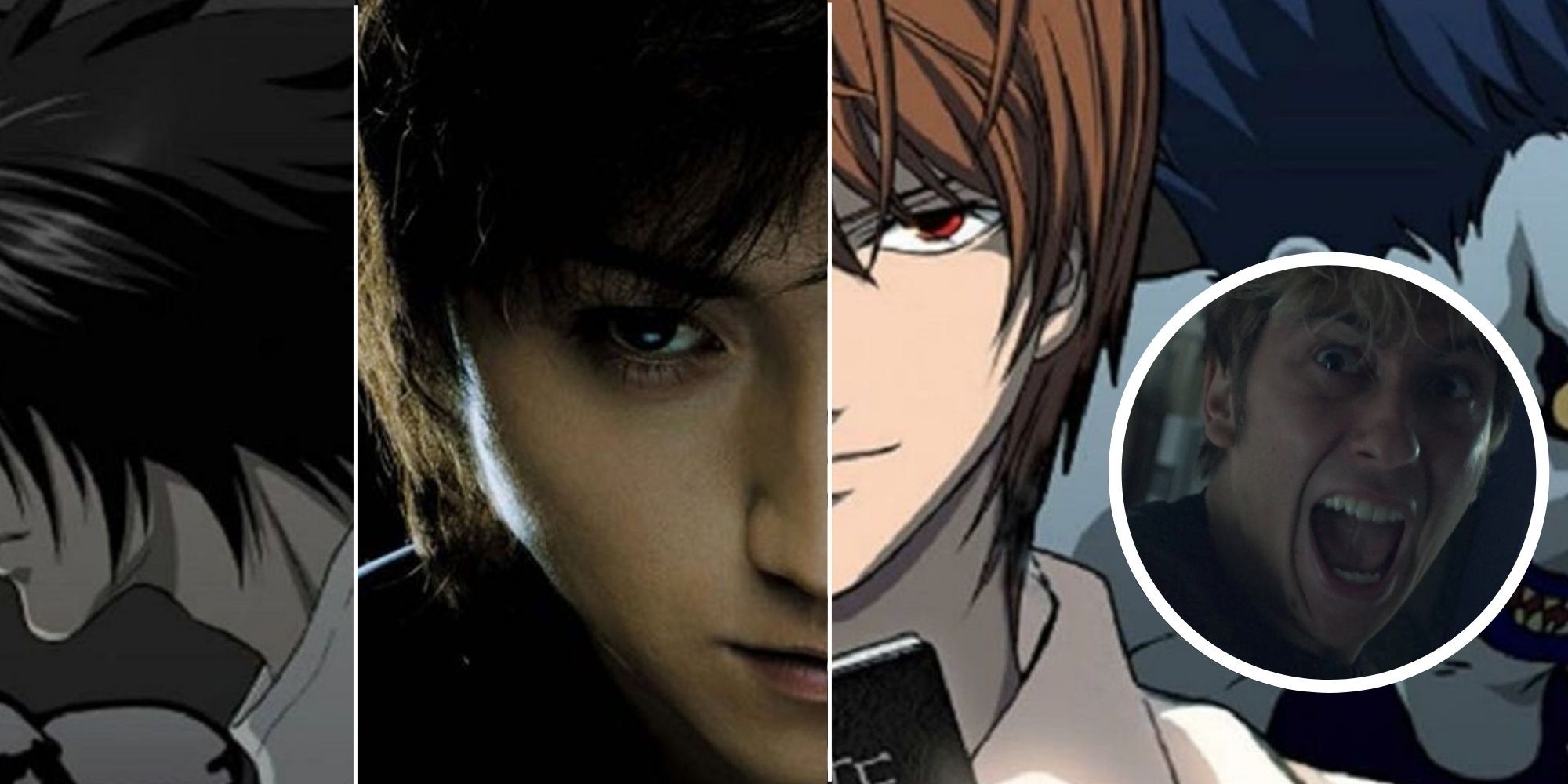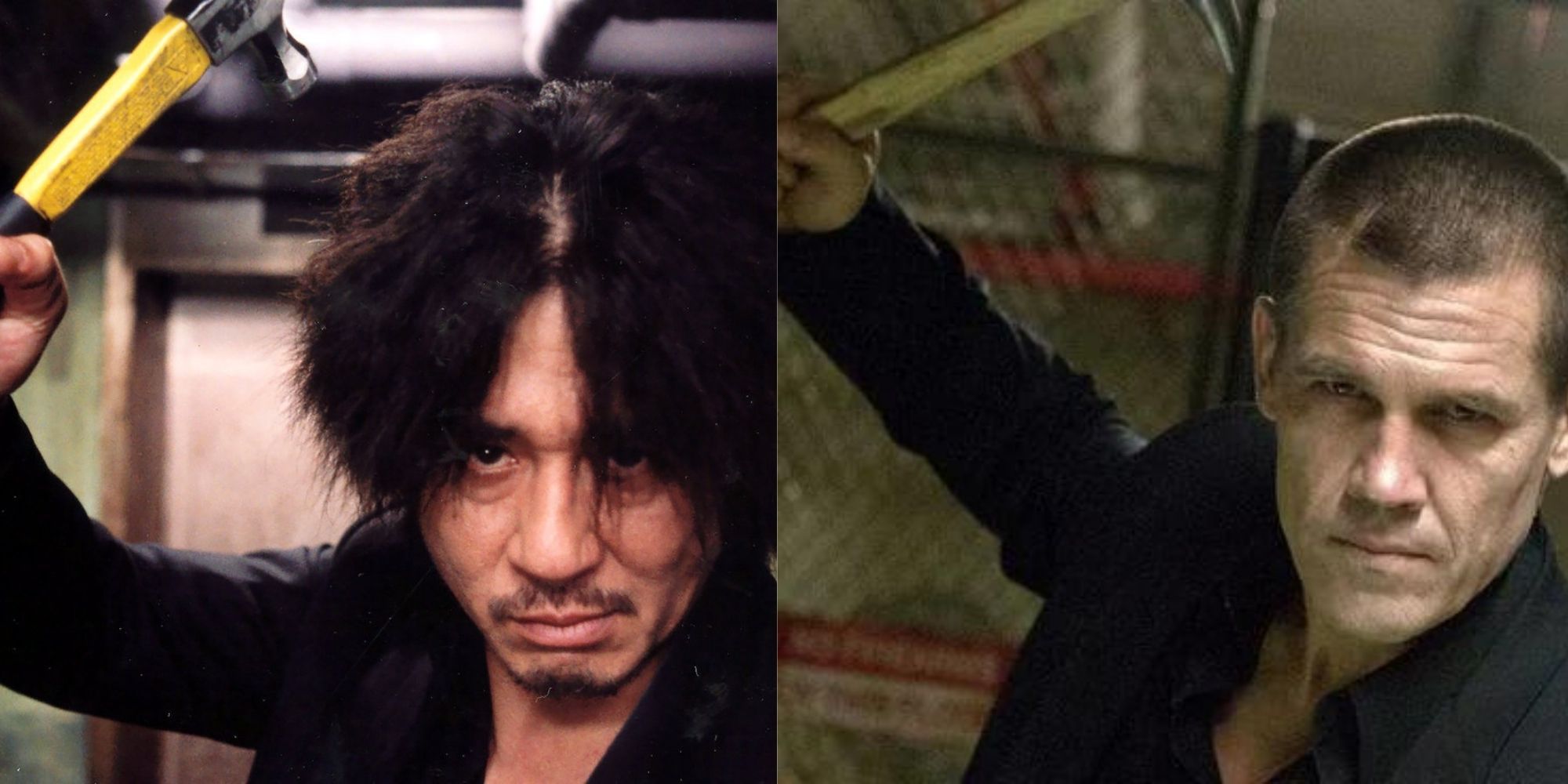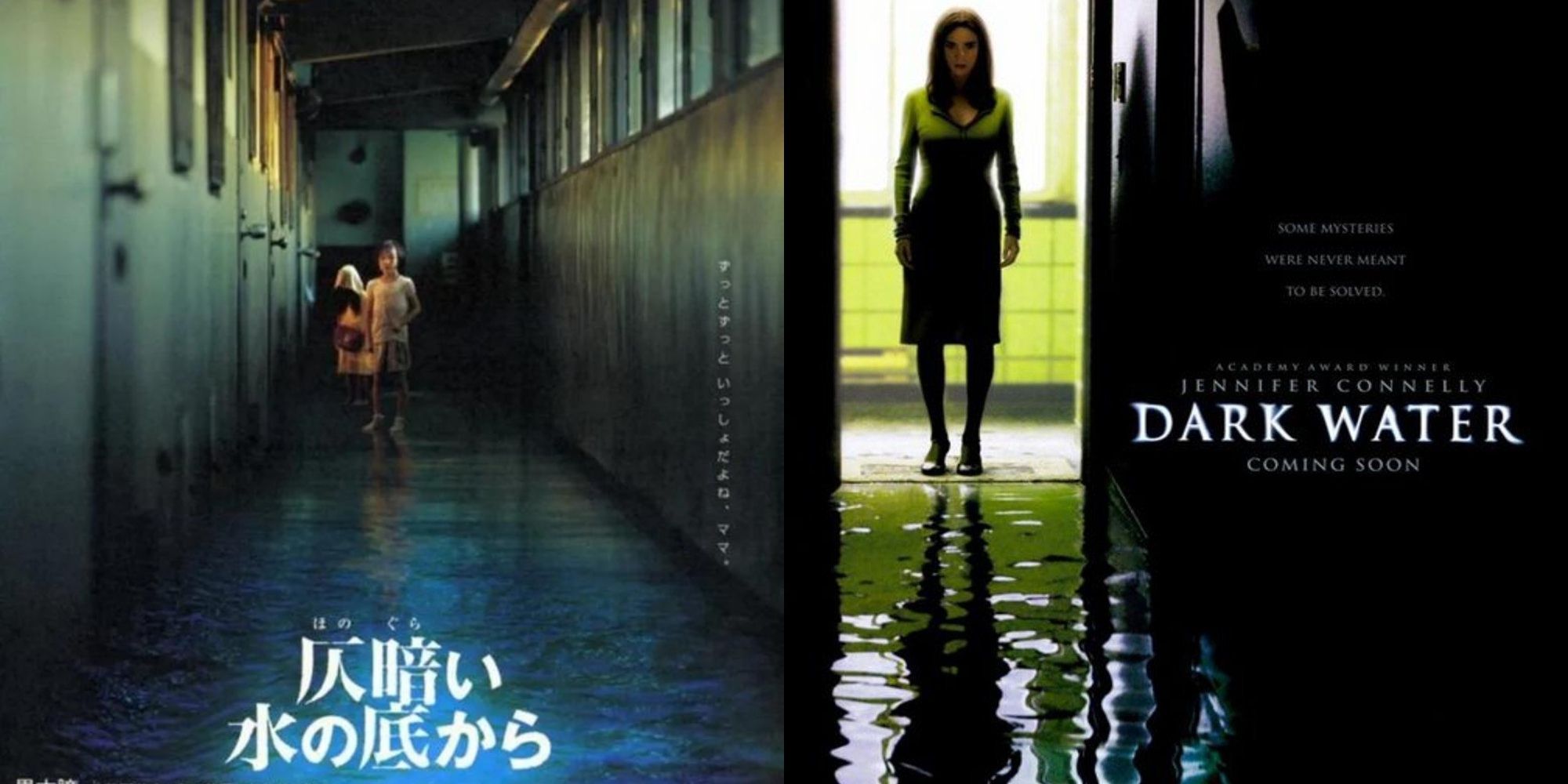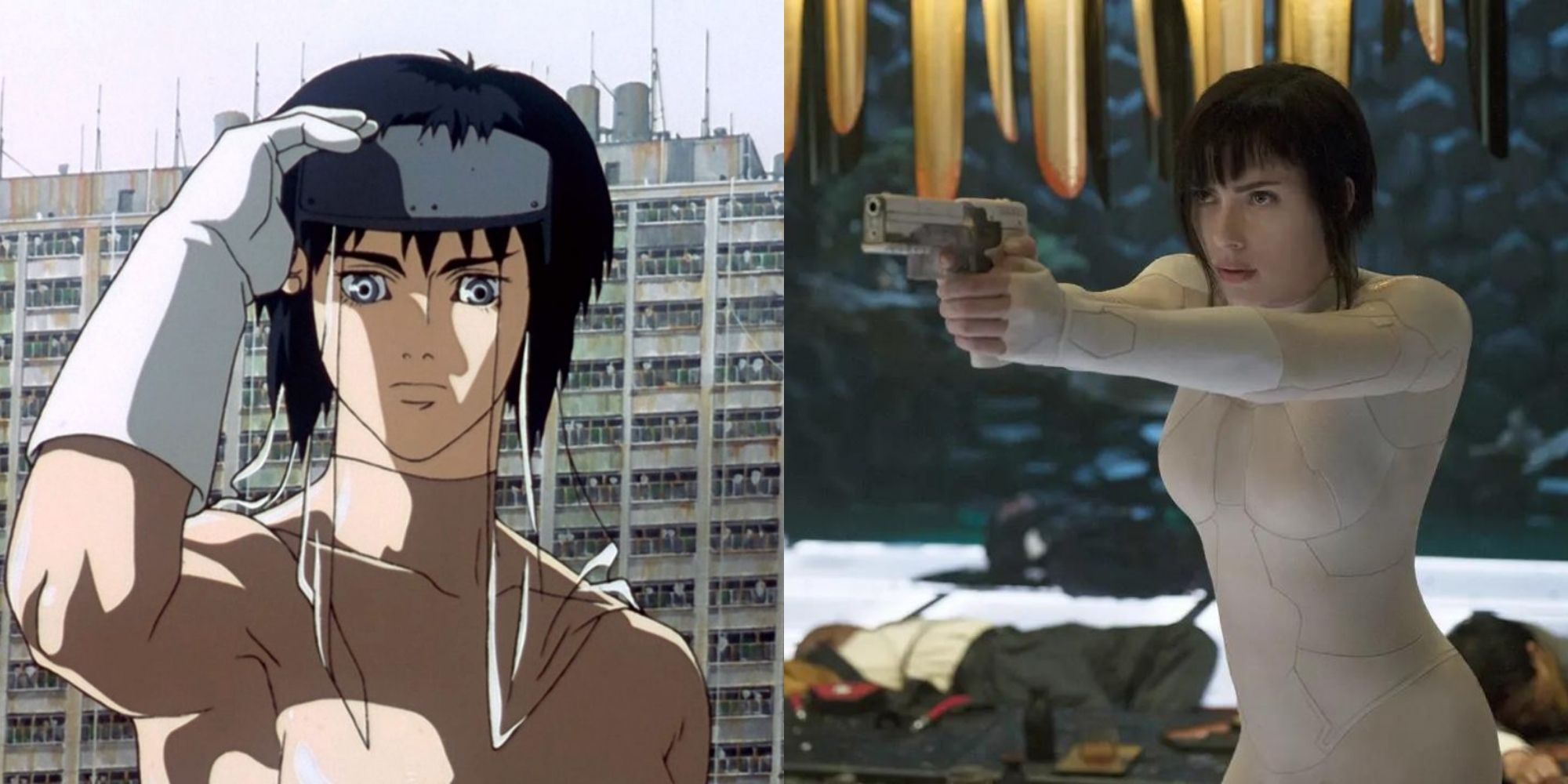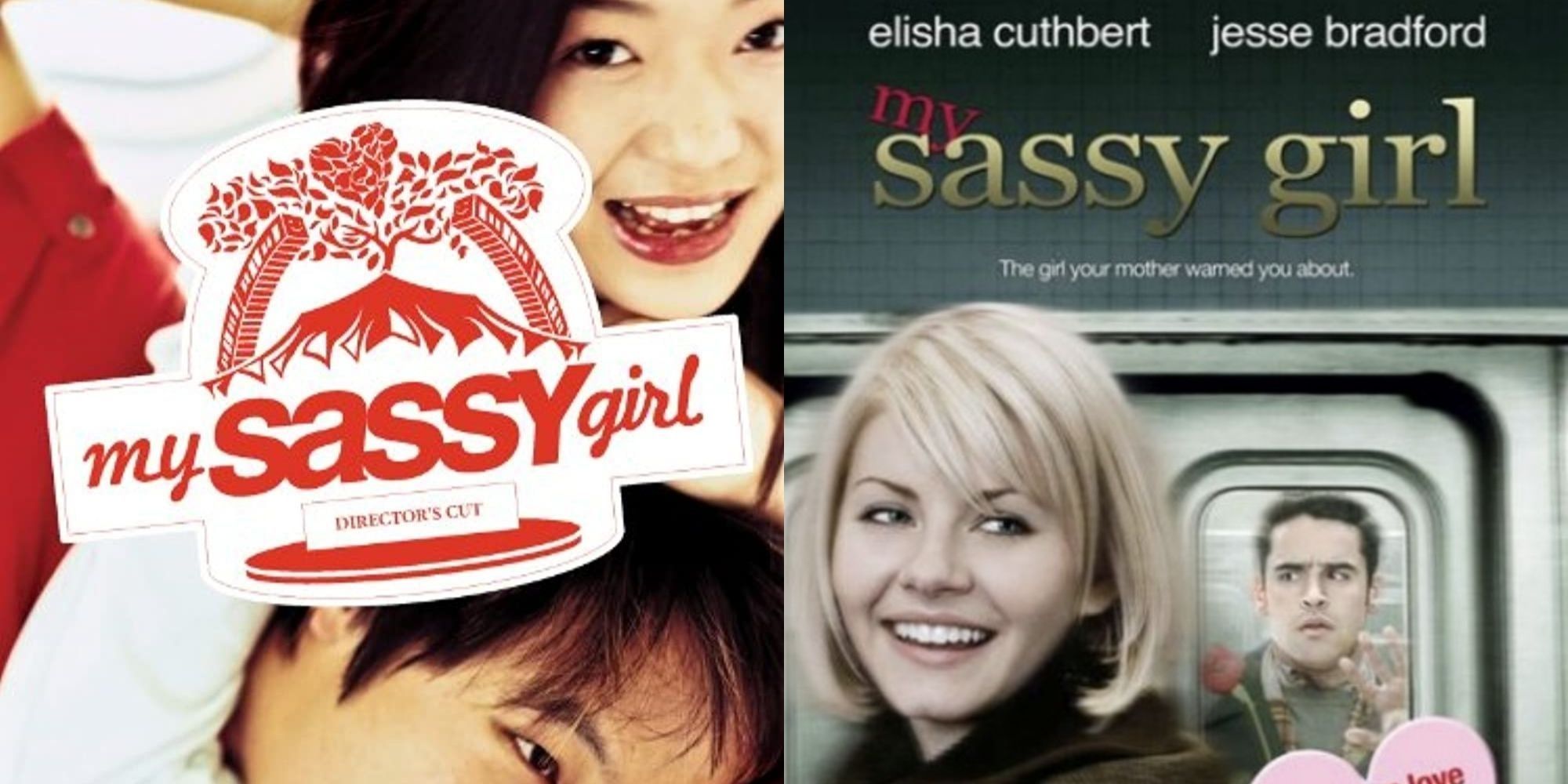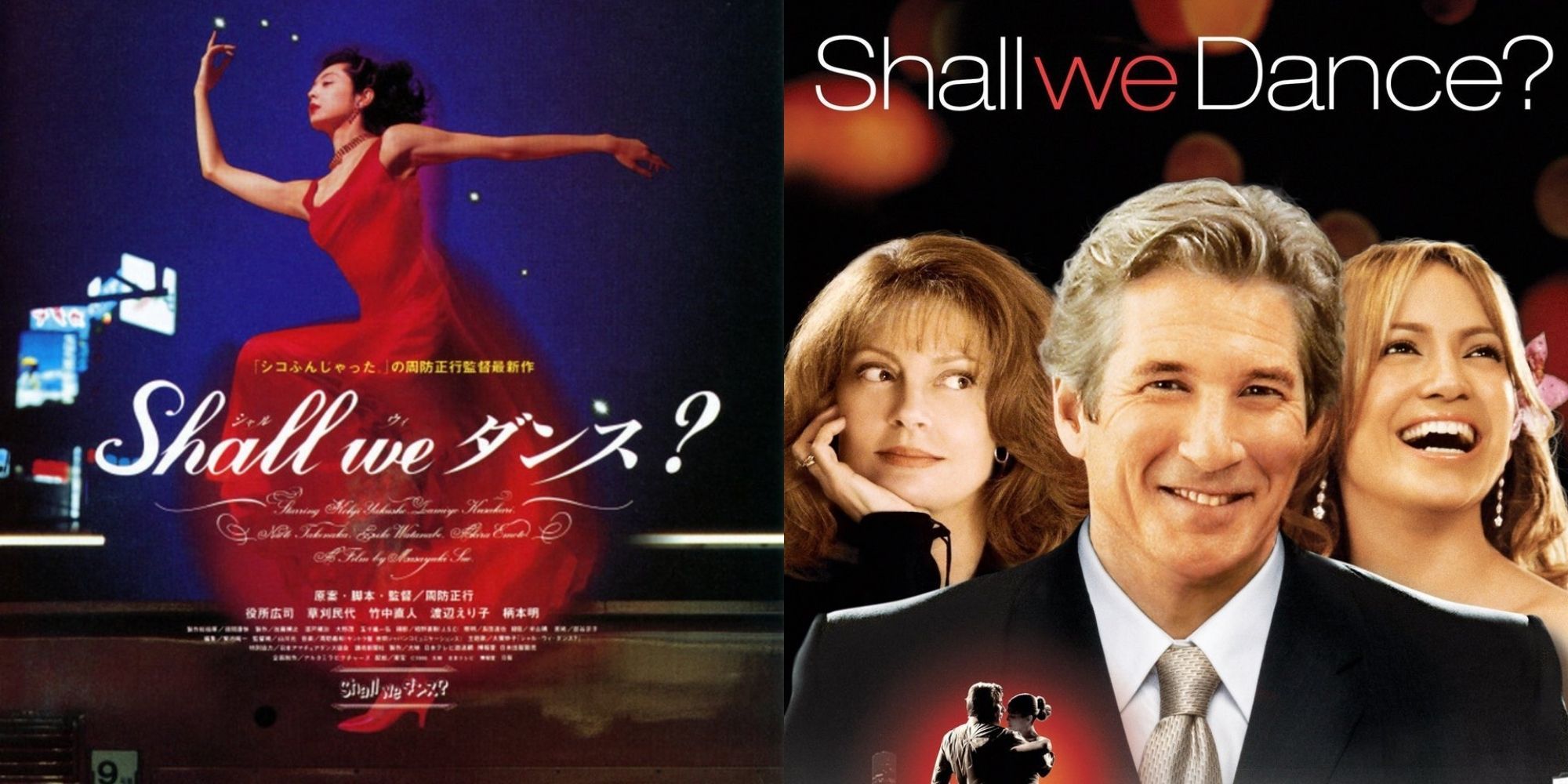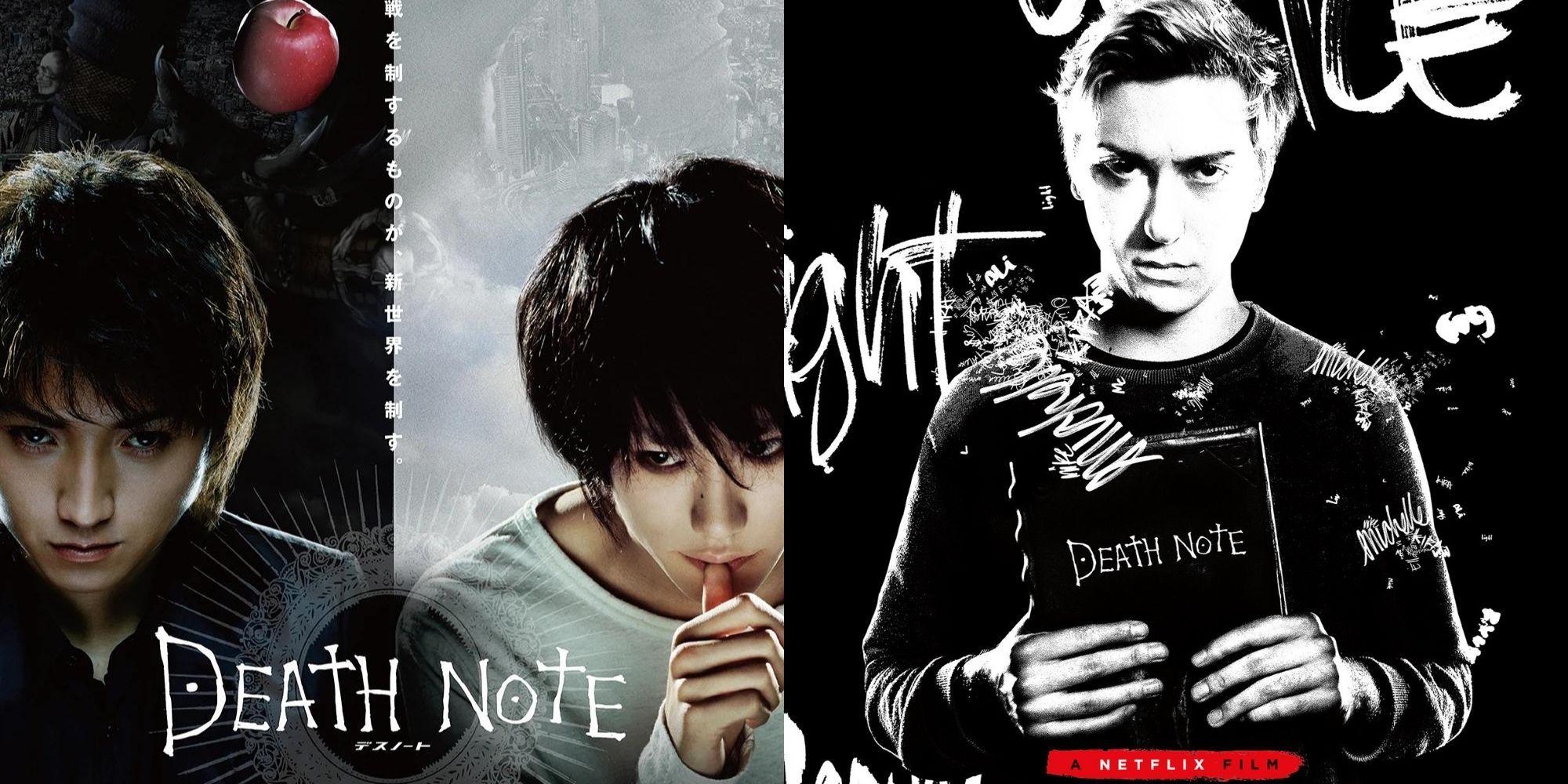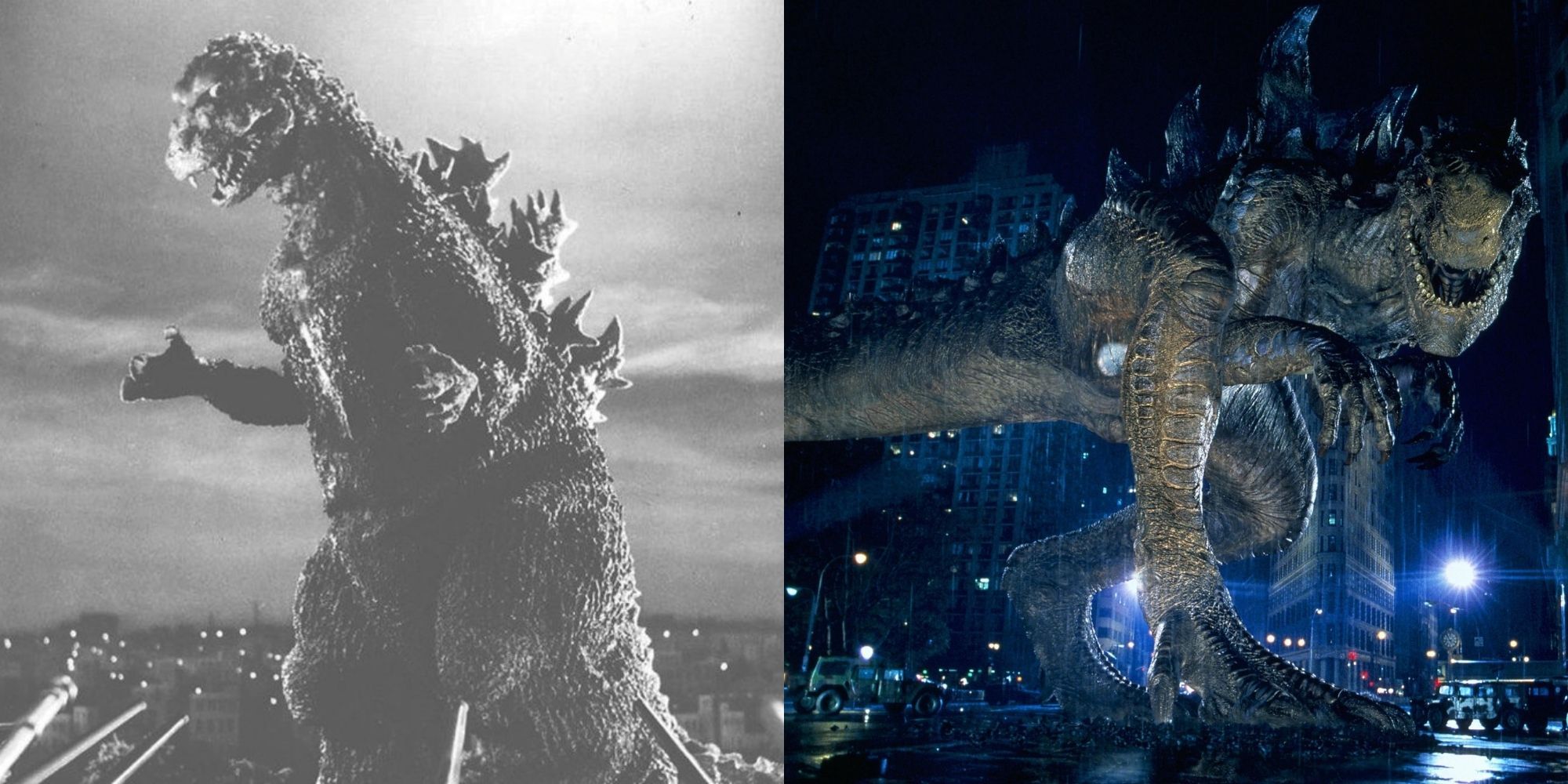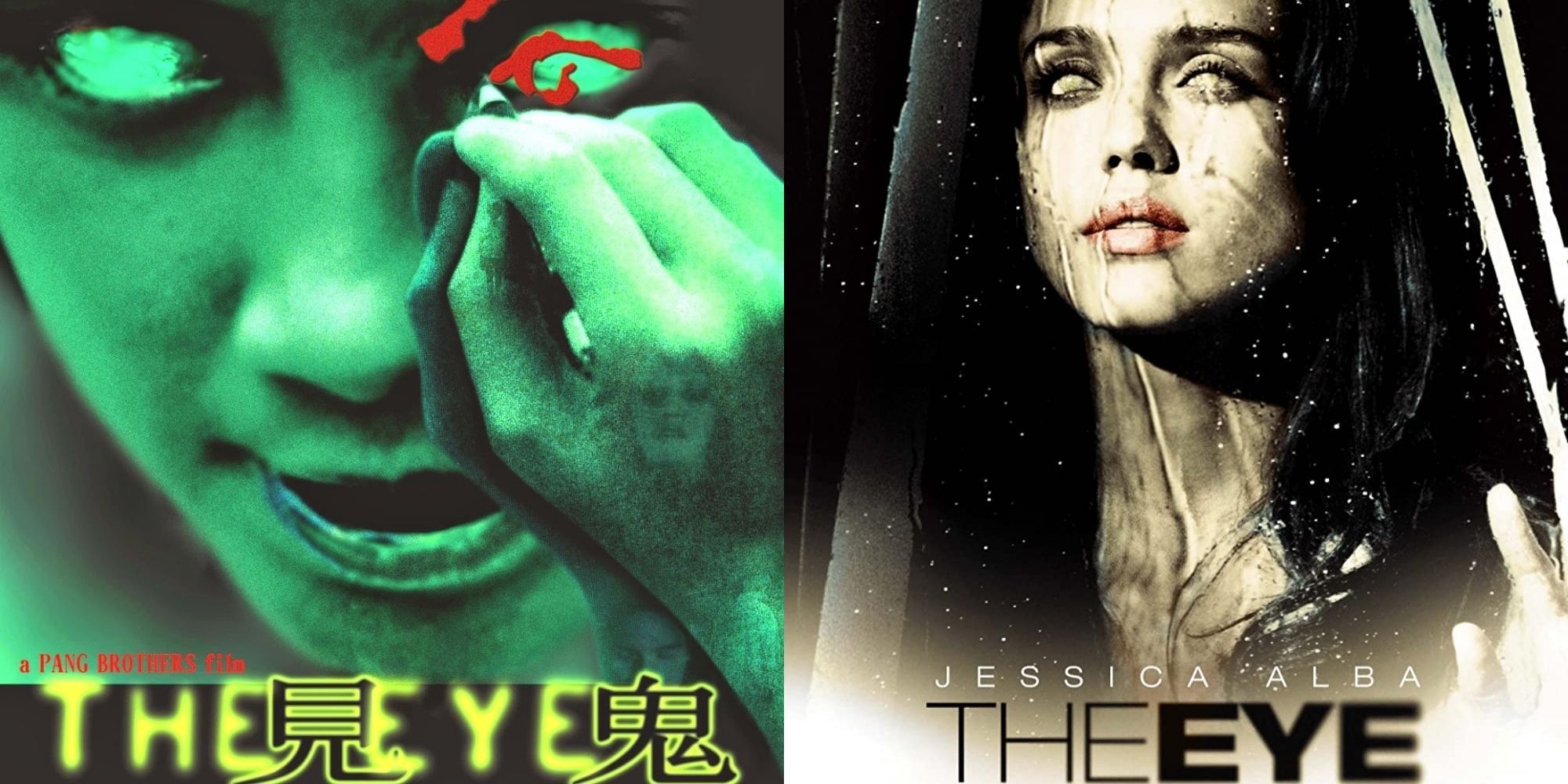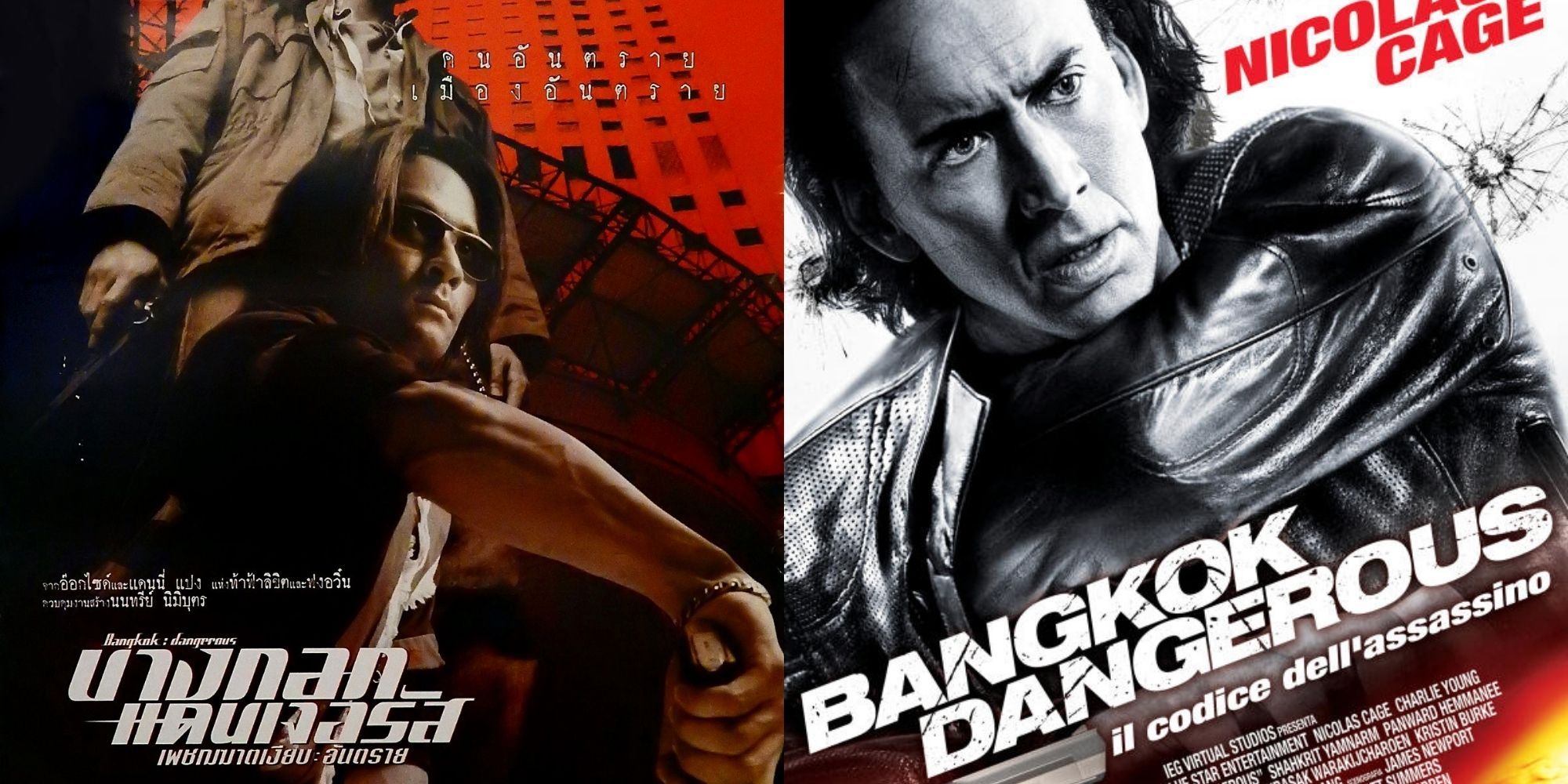Parasite director Bong Joon-Ho once said: "Once you overcome the one-inch tall barrier of subtitles, you will be introduced to so many more amazing films." What he said is spot-on, especially for film buffs and cinema lovers who yearn for different cultural interpretations of the world. Nonetheless, as per usual, Hollywood begs to differ.
For every decent Hollywood remake, there will always be another silly and redundant remake that debauches what makes the original mesmerizing to audiences in the first place. First with J-horror in the '90s, and now with the dramatic rise of the South Korean film industry (or Hallyu). Audiences will have to keep their fingers crossed that future Hollywood remakes and adaptations will not be like the films listed here.
'Oldboy' (2003) vs. 'Oldboy' (2013)
Hollywood remakes of Park Chan Wook's Sympathy for Mr. Vengeance (2002) and Sympathy for Lady Vengeance (2005) are still under production despite being announced in the early 2010s. Perhaps Hollywood executives are afraid of predecessors like Spike Lee's reinterpretation of Park's gritty neo-noir — Oldboy.
The original is one of the best thrillers of the 21st century, high-handedly delivering multiple unpredictable twists and containing one of the most beautifully-choreographed fight scenes. Lee's simply falls flat without promising anything new that will distinguish itself from its impressive source, not to mention how Oldboy is one of Lee's major box office bombs in his long-standing and successful career.
'Dark Water' (2002) vs. 'Dark Water' (2005)
Created by J-Horror masterpiece Ringu (1998) director Hideo Nakata, Dark Water recounts the story of a divorced mother (Hitomi Kuroki) who moves to a cheap, run-down apartment with her daughter (Rio Kanno). After discovering an active water leak on the ceiling, a string of mysterious supernatural occurrences starts to haunt the pair.
The film relies heavily on its eerie and ghostly atmosphere to not only convey scares but to resonate with audiences with its heartbreaking tale of motherhood and sacrifices. Walter Salles' 2005 reimagination follows through satisfactorily with the atmospheric horror but pales compared to the 2002 version with the absence of substantial scares.
'Ghost In The Shell' (1995) vs. 'Ghost In the Shell' (2017)
One of the best and most iconic anime films that have influenced films like The Matrix (1999) and Avatar (2009), Mamoru Oshii's 1995 adult anime film is packed with neo-noir and cyberpunk elements and explores themes such as human identity, memory alteration as well as the nature of human cyborgs.
Rupert Sander's 2017 live-action adaptation was faced with backlash primarily due to accusations of the film Whitewashing the beloved original cast, especially Scarlett Johansson, who plays Major Motoko Kusanagi. Ghost In The Shell offers viewers astonishing cinematography and breathtaking action sequences. The lack of character development and originality did not save the remake from getting a lukewarm response.
'My Sassy Girl' (2001) vs. 'My Sassy Girl' (2008)
Despite sequels, TV adaptations, and countless international remakes, the original My Sassy Girl, directed by Kwak Jae-yong, is still fans' favorite romantic comedy go-to. Based on a true story told in a series of blog posts, the 2001 rom-com is praised and enjoyed worldwide for its original take on the stereotypical "docile" Asian girlfriend trope, resulting in an idyllic fairytale story filled with laughs, tears, and oddly, punches.
Without offering audiences anything new with "the sassy girl," the 2008 American version directed by Yann Samuell translates into a hackneyed rom-com with lackluster characters with forced performances due to a change in a cultural setting.
'Shall We Dance' (1996) vs. 'Shall We Dance' (2004)
Masayuki Suo's 1996 film about stepping out of one's comfort zone and rekindling one's passion for life is adored by cinephiles and critics alike. The movie follows an unhappy Japanese business accountant (Kōji Yakusho) who starts taking private lessons in ballroom dancing unbeknownst to his coworkers and family.
Another remake that is overshadowed by a splendid antecedent, Shall We Dance, gathers Hollywood big names like Richard Gere, Jennifer Lopez, and Susan Sarandon but loses the appeal of the original, which bears a cast each with their own distinctive and entertaining personalities.
'Pulse' (2001) vs 'Pulse' (2006)
Continuing on the J-Horror train comes Kiyoshi Kurosawa's Pulse, a sinister technological-horror film about haunting spirits invading people's lives through the Internet. Like Nakata's Dark Water, Pulse thrives on possessing an unnerving atmosphere permeated by creepy imagery that feeds on the terror of loneliness present in every living being.
While Kurosawa's Pulse frightens audiences with cryptic visuals and unsettling ambiance, the 2006 remake by Jim Sonzero overlooks the essence of its predecessor and hastily jacks up on trite horror clichés that audiences loathed.
'Death Note' (2006) vs. 'Death Note' (2017)
Shusuke Kaneko's Death Note is undoubtedly one of the most faithful and excellent live-action anime adaptations ever: it doesn't deserve the flak most adaptations get. Undeterred by its 126 minutes of run-time, audiences will be entertained every minute of the movie with its suspenseful plotline and characters fans have revered since its manga.
It seems that Hollywood is not satisfied with the original main character, Light Yagami, arguably one of the most morally-complex and intriguing characters Japan has ever offered. In Netflix's flimsy reinterpretation, Light Yagami becomes Light Turner (Nat Wolff). This angsty teenager is more invested in starting a romantic relationship with another angsty teenager who's worse than he is. In addition to one-dimensional characters and a confusing storyline, the film's only redeeming quality would be Willem Dafoe as the Shinigami, Ryuk.
'Gojira' (1954) vs. 'Godzilla' (1998)
While Hollywood has the "Eighth Wonder in the World," — King Kong, Japan has — Godzilla or Gojira, "The King of Monsters." What makes Ishirō Honda's 1954 monster film a classic doesn't stem solely from having one of cinema's most feared and recognizable monsters; its hidden message about the atomic bombings of Hiroshima and Nagasaki during World War II provides a somber commentary about post-war Japan and trepidations.
Roland Emmerich's 1998 version performs poorly with critics and fans because it strays away from the source materials, specifically with the reinvention of Godzilla, which reminds one more of the T-Rex from Jurassic Park (1993). Monotonous characters and an implausible narrative exacerbate fans' hatred towards one of the worst entries in the Godzilla movie franchise.
'The Eye' (2002) vs. 'The Eye' (2008)
Hong Kong-Singapore co-production The Eye, directed by the Pang Brothers, observes a 20-year-old violinist (Angelica Lee) who receives an eye cornea transplant that will make her see again since she was five. After her successful transplant, strange, ghostly figures start appearing, which somehow foretells spine-chilling deaths.
Hollywood's attempt at revising another Asian horror film turns futile as the remake of the same name (directed by David Moreau and Xavier Palud) stumbles with a wooden performance mainly from Jessica Alba and just not being terrifying with poor execution.
'Bangkok Dangerous' (1999) vs. 'Bangkok Dangerous' (2008)
In the Thai action thriller Bangkok Dangerous, a deaf and mute assassin, Kong (Pawalit Mongkolpisit), is a ruthless killing machine and works for Bangkok mobsters. Kong eventually falls in love and realizes that his life can be more than bloodshed and triad turmoil.
The 2008 version was directed again by the original film's directors, the Pang Brothers, and Nicolas Cage's production company bought its rights. As audiences are familiar with Cage's over-the-top delivery of his lines, the original main character's disabilities are removed, rendering the remake a typical Hollywood action blockbuster set in a foreign country.

